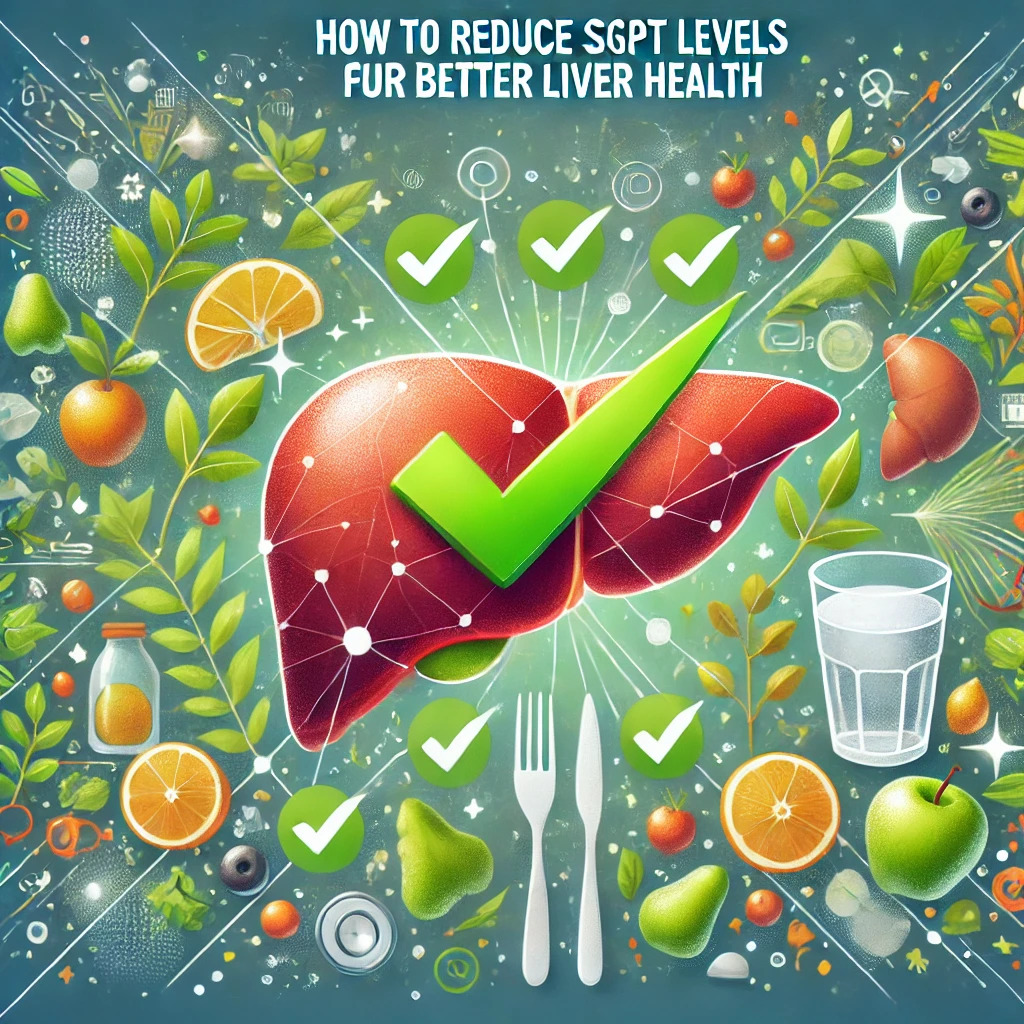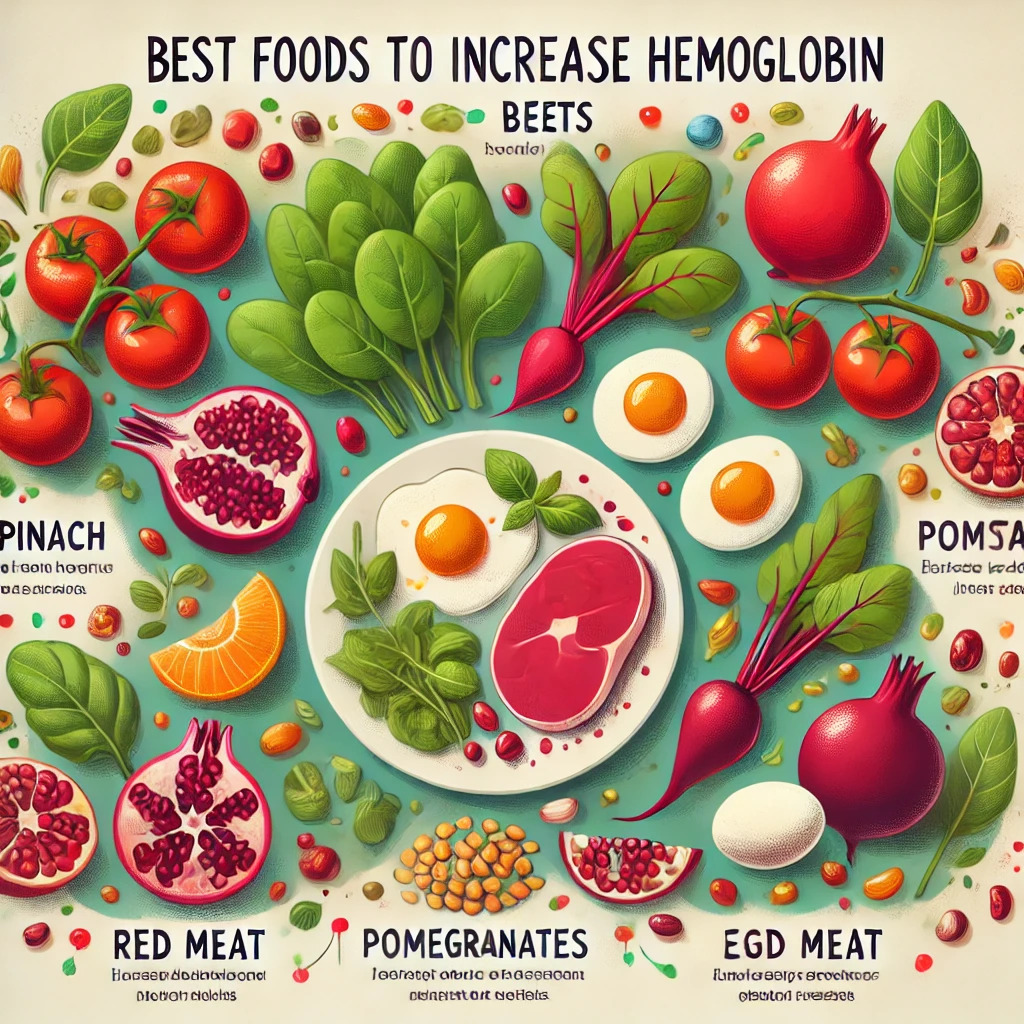How Many Calories in an Apple? Exploring Nutrient Profile and Health Benefits

Apples are a much loved and popular fruit around the world. Their sweet and slightly tart flavour, crunchiness, and sheer variety makes them appealing to different palates. They can be enjoyed raw, included in salads, baked into pies, or turned into jams. Apples are indeed a refreshing and nutritious snack.
Most people can eat them without worrying about how many calories in an apple if they don't go overboard. Let us take a look at their calories, nutrient profile, and the health benefits of combinations like apples with peanut butter. This blog is going to be a great place to learn about apple’s positive impact on health and how it can be beneficial in various diseases.
How Many Calories in an Apple?
If we talk about calories in apples, then you will be happy to know that this is a low-calorie food. This makes apples a perfect snack to indulge in even if you are watching your weight or trying to lose weight. The number of calories in this sweet and satisfying fruit can vary depending on its size and variety.
How many calories in apples: Breakdown by Size
- Small Apple (around 150 grams): Approximately 52 calories.
- Medium Apple (around 180 grams): Approximately 72-95 calories.
- Large Apple (around 223 grams): Approximately 116 calories.
A medium sized apple is generally consumed the most and it provides around 95 calories. The calories in this fruit primarily come from carbohydrates, particularly from natural sugars like fructose which is also responsible for the apple's sweetness.
Macronutrient Profile Of Apples:
Apples have negligible fats and proteins but are a good source of carbohydrates, micronutrients, and fibre.
Here are the macronutrients in a medium sized apple, 182 grams (raw, unpeeled):
Calories: 95
Water: 156 gms
Protein: 0.5 gms
Carbohydrates: 25.1 gms
Sugar: 18.9 gms
Fibre: 4.37 gms, 17% of the daily recommended intake
Fat: 0.3 gms
*These are approximate values.
Don't let the sugar and carbohydrate content in an apple raise any alarms as this is a fruit with low glycemic index because it has high fibre and polyphenol counts.
Micronutrient Profile for a medium sized apple:
This low calorie fruit is heavily loaded with essential vitamins and minerals:
Vitamin C: A medium Apple can provide around 14% of the daily recommended intake of this vitamin also called ascorbic acid.
Potassium: Apples are high in potassium which helps regulate blood pressure and benefits cardiac health.
Quercetin: This is a nutrient which has anti-inflammatory, antiviral, and antidepressant effects amongst other benefits.
Catechin: This is a natural antioxidant.
Apple also have small amounts of Vitamin A.
It also contains chlorogenic acid which may help in lowering blood sugar and in losing weight.
Consider adding this nutrient dense fruit in your diet if you are working on managing weight, want to add more nutrition to your diet, or want to add more fibre while making your meals tastier.
Apple and Peanut Butter: A Healthy and a Delightful Combination
When one talks about apples, one will also talk about peanut butter as this is one of the most popular combinations. The crisp, refreshing sweetness of an apple contrasts beautifully with the rich, creamy texture of peanut butter. You should talk about how many calories are in apple and peanut butter but also need to take into account that it also matters where the calories come from. And this combination is a source of healthy calories which can be smartly made a part of a well balanced diet to avoid exceeding your daily limit. This flavourful snack with an appealing texture is also a nutritionally balanced snack.
How Many Calories in Apple and Peanut Butter:
A very popular combination is one medium apple (95 calories) with two tablespoons of peanut butter (190 calories), which provides about 285 calories. For a snack, you might feel the calorie count is high. But if you look at the nutrients you are getting, you can see this is an excellent snack that keeps you full while keeping you energized. The healthy fats, protein, and fibre provide sustained energy and you won't see blood sugar spikes.
Why People Love This Combo: Let Us Decode The Hype
Flavour Profile: The natural sweetness of the apple when combined with the salty, creamy, nutty richness of peanut butter provides satisfying balance for the palate. This balanced sweet and savoury combination finds favour with both children and adults.
Texture Contrast: People generally like textures and this is where the crispy bite of the apple with the contrasting buttery and gooey texture of peanut butter wins.
Satiation: Apples are high in fibre and peanut butter has healthy fats as well as protein. This is why apple and peanut butter combination provides satiety keeping hunger at bay. You don't feel full for as long when you eat either of these alone. It is the combination that works.
Also Read: - What is tc dc blood test
Health Benefits of Apple and Peanut Butter: a Look at Why It Is So Good For The Body
For most people, this is a safe combination unless you have some health concerns where either or both may not be good. Examples are people on a low FODMAP diet, people who are allergic to peanut butter, etc.
For most people, this is a healthy combination that is:
Rich in Fibre and Healthy Fats:
The good fibre in apples aids digestion and helps you feel full for long periods. Fibre also helps the gut microbiota. Peanut butter further provides healthy MUFA (monounsaturated fats) which helps with heart health and also help with satiety.
Blood Sugar Control: The protein and fat from peanut butter slow down the absorption of the natural sugars in apples. This works to prevent blood sugar spikes.
Protein Boost: You get almost 7 grams of protein from peanut butter in this snack. It is now a widely known fact that protein supports muscle repair, overall health, and it also helps to stabilise energy levels throughout the day.
If you are looking for healthy snacks, pre or post workout or otherwise, apple with peanut butter provides you with a right mix of carbohydrates, protein, fats, fibre, and micronutrients- offering both immediate energy and long-lasting satisfaction.
Health Benefits of Including Apples in Your Diet
We have explored the benefits and popularity of the apple-peanut butter combo. It would be now right to dig a little deeper and discover the wide ranging health impacts and benefits of apples. Let us go beyond the calories in an apple and look at the nutrient loaded fruit with focus on the antioxidants, vitamins, and fibre that it provides.
Let us see how apples help in many cases with disease prevention and management:
Heart Health Benefits
Cholesterol Reduction: Apples have a lot of soluble fibre especially pectin which helps to lower LDL (bad cholesterol) levels. This soluble fibre binds to cholesterol in the digestive tract and prevent it from being absorbed into the bloodstream
Antioxidants for Cardiovascular Support: Apples contain flavonoids and polyphenols. Both of these compounds have antioxidant properties which reduce inflammation and oxidative stress. Studies have shown that people who consume apples regularly may have a reduced risk of heart attacks and strokes.
Digestive Health: Apples promote regular bowel movements as they have a high fibre content. It adds bulk to the stool and helps keep the digestive system moving smoothly. This is why apples can help prevent constipation and promote regular evacuation.
Gut Health: Apples contain both soluble and insoluble fibres. This fibre feeds the beneficial gut bacteria. Studies have shown that a healthy gut microbiome supports overall digestion, nutrient absorption, and immune function. Impact of gut microbiota on other systems and organs is also being studied with many positive insights.
Weight Management: We have already discussed that this is a low calorie and a high fibre snack. This is why apples are an excellent food to add in diet for those on a weight management/loss diet. Apples keep one feeling full for long, reducing overall calorie intake.
Supports Metabolism: On one hand, the natural sugars in apples provide one with an energy boost and on the other hand, the fibre content slows down the release and digestion of sugar. This prevents crashes and supports steady energy levels.
Blood Sugar Control: Apples have both fibre and polyphenols. The benefits of fibre include slow sugar absorption and prevent rapid blood sugar spikes. This is why it is a good fruit for diabetic patients. Polyphenols further improve insulin sensitivity further supporting blood sugar regulation.
Cancer Prevention: Apples have a rich micronutrients profile and contain various antioxidants, including quercetin, catechin, and chlorogenic acid. These antioxidants in apples can help protect cells from oxidative damage. Some research suggests that eating apples on a regular basis may reduce the risk of certain cancers, such as lung, breast, and colorectal cancer. But more studies are needed to confirm these benefits from these antioxidants found in apples amongst other fruits and vegetables.
General Health Benefits:
Boosts Immunity: The vitamin C and other antioxidants in apples support immune function, helping the body fight infections.
Hydration: Apples are made up of about 86% water, which helps with hydration and adds to the feeling of fullness.
Bone Health: Some studies suggest that the antioxidants and anti-inflammatory compounds in apples may help improve bone density.
Are There Any Drawbacks of Eating Apples?
In general, there are no side effects of eating apples. Most people don't even need to worry about the calories in this fruit or about calories in apple and peanut butter. But there are certain things you may keep in mind when eating apples:
1. Pesticide Residues: Like most fruits and vegetables today, conventionally grown apples can contain pesticide residues. Wash them properly or you may opt for organic apples.
2. High Sugar Content: If you have been advised a very low-sugar or low carbohydrate diet, you will have to exercise portion control when having apples.
3. Digestive Issues: some people can have bloating, discomfort, or loose motion due to excess fibre. Some people do better by having peeled apples while others on a low FODMAP diet need to avoid apples. If digestive issues are due to sudden introduction of high fibre foods, then slowly incorporating fibre into the diet will prevent such problems.
Conclusion
1-2 apples a day are great for most people. This fruit can have a profound impact on health and when paired with peanut butter, the health benefits multiply. Apples pack a powerful punch for their small size and are easily available in most parts of the world. Next time you crave for a sweet and crispy treat, reach out for an apple.
If you have any health concerns, please talk to your doctor or nutritionist before including Apple and peanut butter in your diet. If you have been recommended any blood or urine tests, if you are looking for a comprehensive annual health checkup, or you require blood tests for any health issues, reach out to us at O-Lab in Jammu.





